
Selected reviews about elderly care communities
Selected reviews about elderly care communities offer valuable insights into the experiences of residents and their families. These reviews can highlight the strengths and weaknesses of different communities, helping you make an informed decision when choosing the right care for your loved one.

What to ask before hospital discharge?
Before leaving the hospital, it's important to ask about post-discharge care instructions, medication details, follow-up appointments, signs of complications to watch for, and any lifestyle changes needed for recovery. Understanding these aspects ensures a smoother transition to home and helps prevent readmission. Always clarify any uncertainties with the healthcare team.

Need help finding my husband, who is probably a ward of the state of Texas.
I'm seeking assistance in locating my husband, who may be a ward of the state of Texas. He has been missing for some time, and I believe he might be under state care. Any guidance or resources to help find him would be greatly appreciated. Thank you for your support.

Is it all right for me to tell my mother she doesn't have to do anything she doesn't want to do?
It is important to communicate openly with your mother about her autonomy and choices. Encouraging her to prioritize her own desires and well-being can foster a healthier relationship. Approach the conversation with empathy, emphasizing that her feelings and preferences matter, allowing her to feel empowered in her decisions.
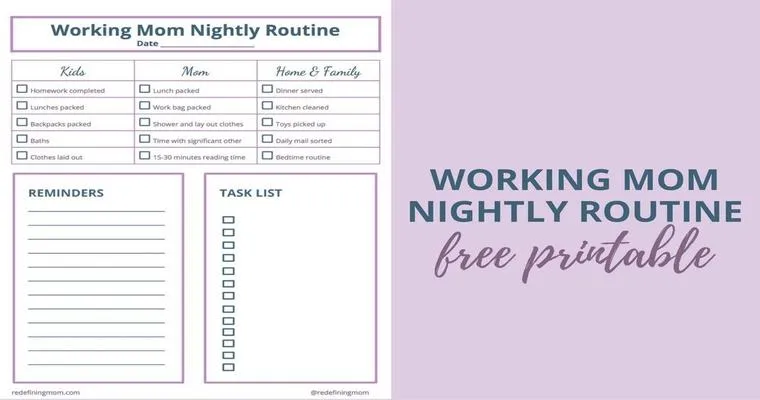
What to do regarding my mom's night time supervision?
Consider establishing a consistent nighttime routine that includes regular check-ins. You might want to explore options like using a baby monitor for audio or video surveillance, setting reminders for medication, or having a trusted family member nearby. Engaging professional help or support groups can also provide valuable resources and guidance.

How do I handle a bed bug infestation?
To handle a bed bug infestation, start by thoroughly cleaning and vacuuming your living space, focusing on bedding and furniture. Use protective covers on mattresses and pillows, and consider using heat treatments or insecticides. Consult a pest control professional for effective eradication and follow preventive measures to avoid future infestations.
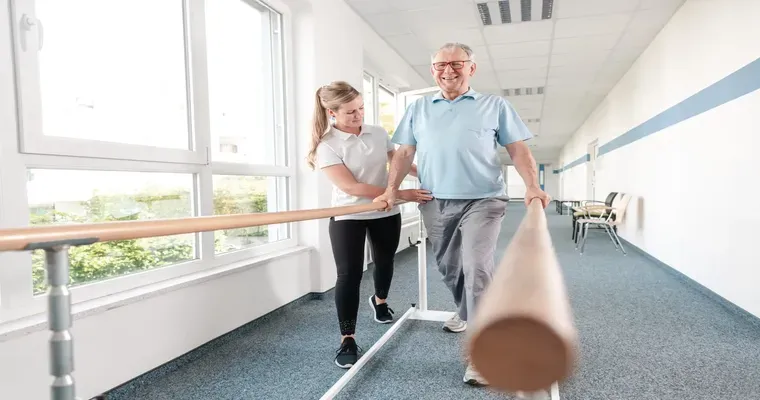
A Typical Day in a Senior Rehab Facility
A typical day in a senior rehab facility begins with morning exercises and breakfast, followed by personalized therapy sessions tailored to individual needs. Residents engage in social activities and group classes, fostering connections and mental stimulation. Evening routines include dinner, relaxation, and discussions, creating a supportive community atmosphere throughout the day.
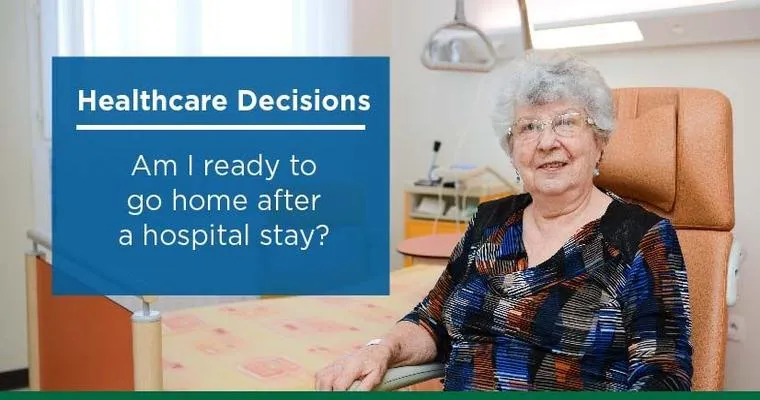
Returning to Senior Housing After a Hospital Stay
Returning to senior housing after a hospital stay involves a careful transition to ensure comfort and safety. Residents may require additional support during recovery, including medication management and assistance with daily activities. Communication with healthcare providers and staff is essential to address any ongoing needs and facilitate a smooth adjustment.
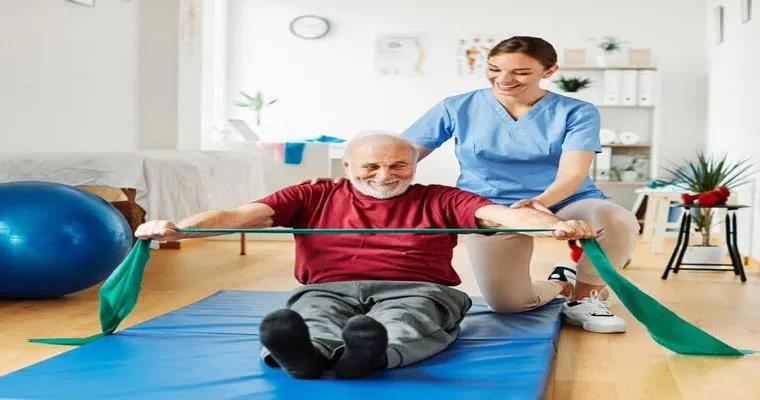
Providing Healthful Post-Hospital Care for Seniors
Providing healthful post-hospital care for seniors involves coordinating comprehensive support that addresses medical, emotional, and social needs. This includes medication management, follow-up appointments, rehabilitation services, and assistance with daily activities, ensuring a smooth transition to home while promoting recovery and maintaining overall well-being in a safe environment.
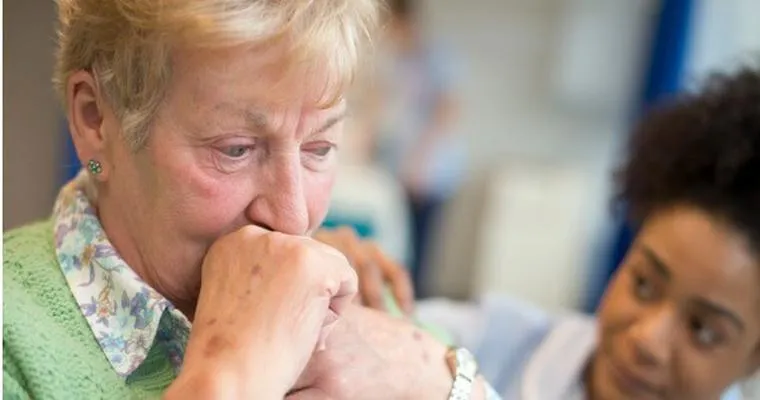
How to Make a Hospital Stay Easier for a Senior with Dementia
To ease a hospital stay for a senior with dementia, maintain a familiar routine, provide comforting personal items, and ensure clear communication with staff. Involve family members for emotional support and advocate for a quiet, low-stimulation environment. Regularly engage the patient with simple activities to reduce anxiety and confusion.
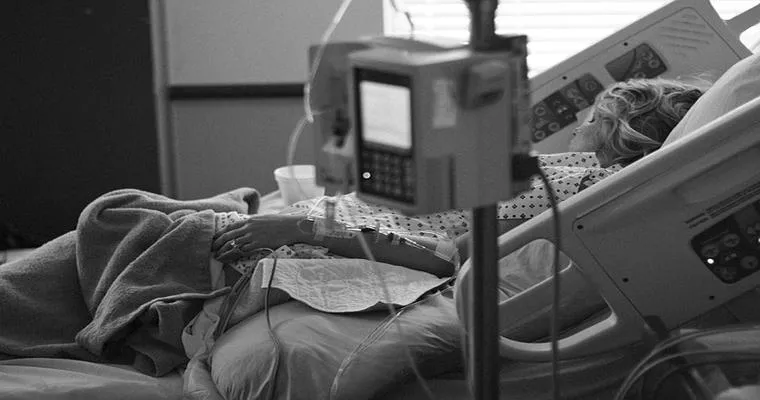
Hospital Observation Status Can Be Financially Devastating for Seniors
Hospital observation status can lead to significant financial burdens for seniors, as it often results in higher out-of-pocket costs. Many patients are unaware that this designation may limit their Medicare coverage for rehabilitation services, leaving them vulnerable to unexpected expenses and complicating their access to necessary care.
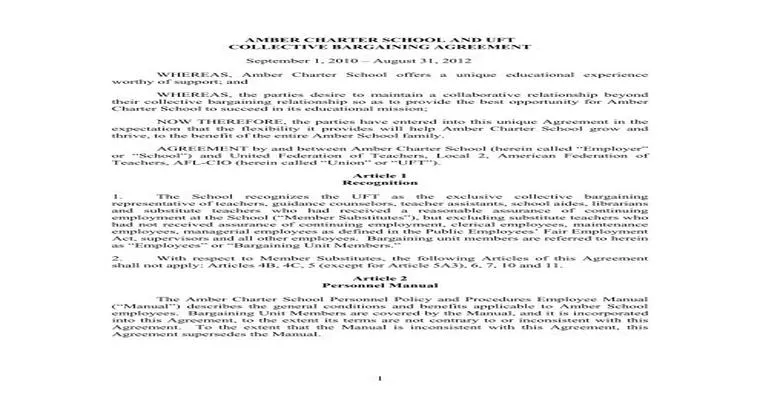
AFL Caregiver Agreement
The AFL Caregiver Agreement outlines the responsibilities and expectations between caregivers and individuals receiving care. It emphasizes the importance of mutual respect, communication, and support while detailing the scope of care, compensation, and rights of both parties. This agreement aims to foster a positive caregiving relationship.
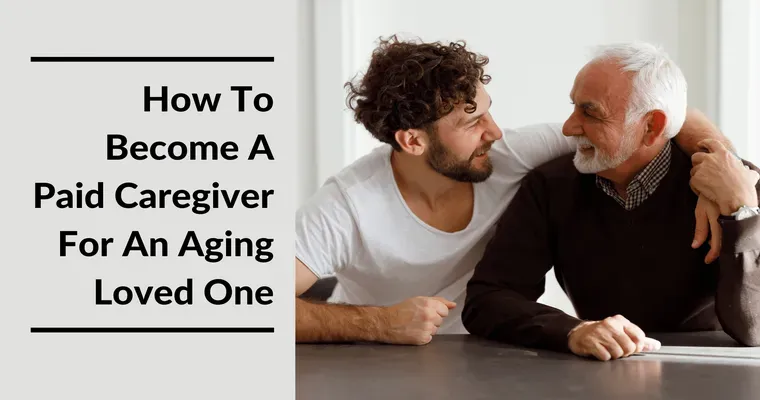
How to pay caregiver?
To pay a caregiver, first determine the payment rate based on experience and services provided. Discuss payment methods, such as cash, checks, or electronic transfers, ensuring both parties agree. Keep records of payments for tax purposes and consider discussing a formal contract to clarify terms and expectations.

Where do I find in home assistance?
To find in-home assistance, consider local agencies that specialize in home care services, senior support organizations, or community health programs. Online platforms and caregiver matching websites can also connect you with qualified professionals. Additionally, seeking recommendations from friends, family, or healthcare providers may lead to reliable options in your area.
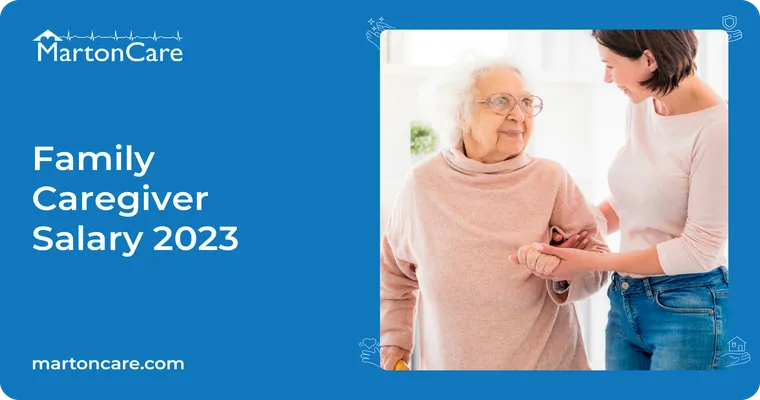
Caregiver pay.
Caregiver pay varies widely based on factors like location, experience, and the complexity of care provided. Many caregivers earn hourly wages, with rates influenced by demand and state regulations. Fair compensation is essential to attract and retain skilled caregivers, ensuring quality support for individuals needing assistance.
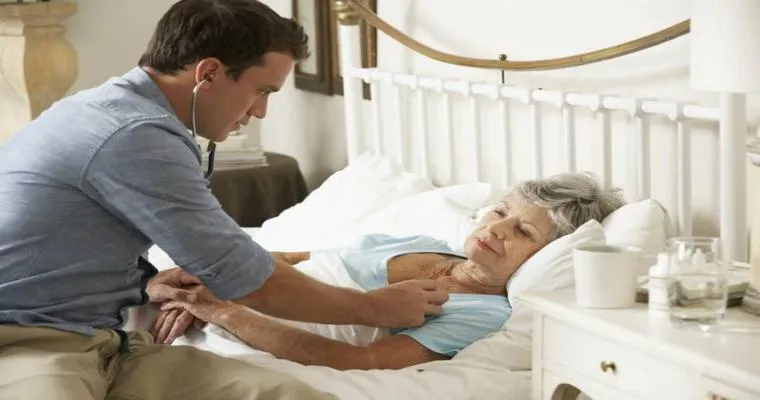
I'm looking for at-home palliative care, where do I start?
To begin your search for at-home palliative care, consult your healthcare provider for recommendations and resources. Research local agencies or organizations specializing in palliative services. Consider assessing the specific needs of the patient and involve family members in discussions to ensure comprehensive support tailored to their preferences.

Sweating after shower.
Experiencing sweating after a shower can be frustrating. This phenomenon often occurs due to the sudden change in temperature and humidity, as the body tries to regulate its internal temperature. Additionally, residual heat from hot water can trigger sweat glands, leading to a feeling of warmth and moisture post-shower.
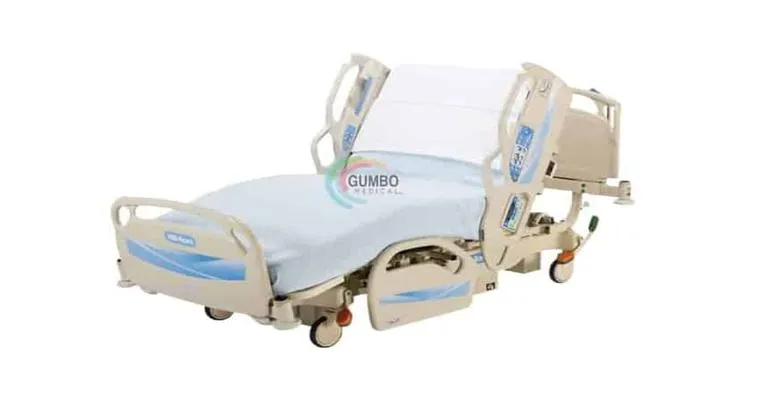
Where can I get a used hospital bed?
You can find used hospital beds through various sources, including online marketplaces like Craigslist or Facebook Marketplace, medical supply stores, and specialized websites that sell refurbished medical equipment. Local hospitals or nursing homes may also sell older beds when upgrading their facilities, so it's worth inquiring directly with them.
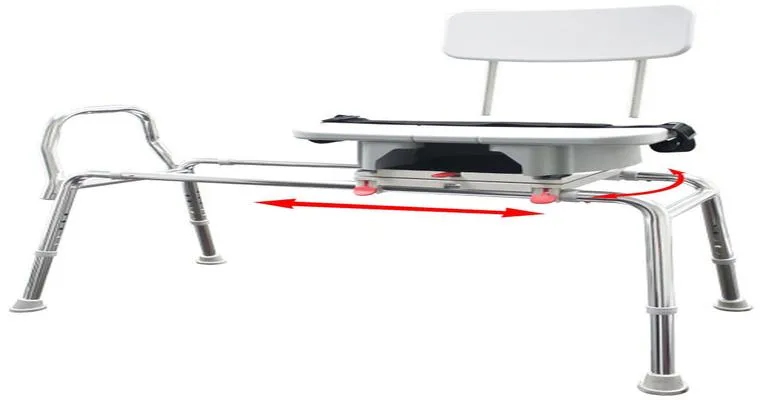
Will Medicare Advantage pay for a sliding tub transfer bench?
Medicare Advantage plans may cover a sliding tub transfer bench if it is deemed medically necessary and prescribed by a healthcare provider. Coverage can vary by plan, so it's essential to check with the specific insurance provider for details on policy limits, eligibility criteria, and potential out-of-pocket costs.
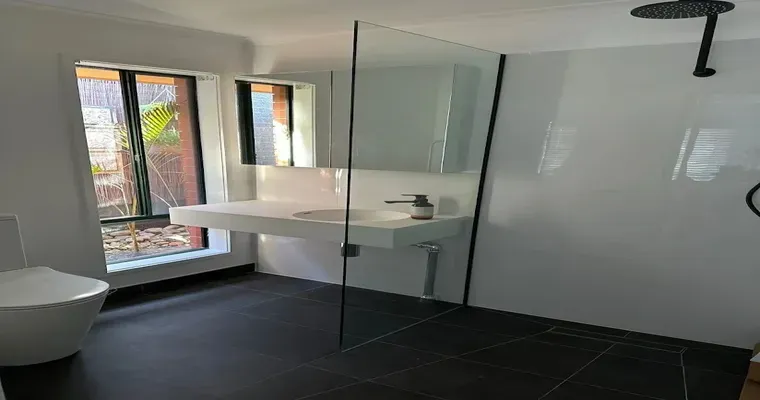
Where can I get government funds to help modify my mother's bathroom?
You can explore government programs like Medicaid home modifications or local Area Agencies on Aging that often provide funding for accessibility improvements. Additionally, check for state and federal grants aimed at assisting seniors or individuals with disabilities. Local nonprofit organizations may also offer resources or financial aid for such modifications.
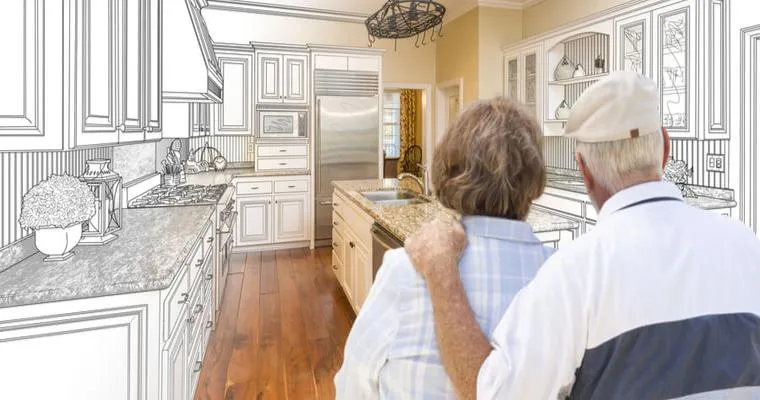
My 88-year-old father lives at home and the house needs serious repairs (plumbing and electrical). He doesn't want us to help. What are our options?
Navigating the situation with your 88-year-old father can be challenging. Options include discussing the importance of safety and comfort, exploring community resources for elderly support, hiring professionals discreetly, or involving a trusted friend to encourage him to accept help. Prioritizing his well-being while respecting his wishes is essential.
Page 58 of 134